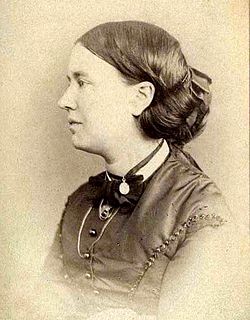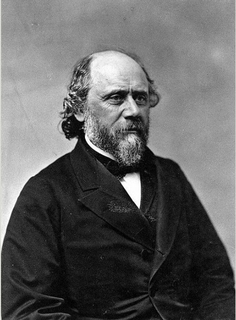A Quote by George MacDonald
And in thy own sermon, thou
That the sparrow falls dost allow,
It shall not cause me any alarm;
For neither so comes the bird to harm,
Seeing our Father, thou hast said,
Is by the sparrow's dying bed;
Therefore it is a blessed place,
And the sparrow in high grace.
Related Quotes
What is the best that lies within us? Of how much are we capable? None of us yet knows. An old Arabic legend tells of a rider finding a spindly sparrow lying on its back in the middle of the road. He dismounted and asked the sparrow why his feet were in the air. Replied the sparrow, "I heard the heavens were going to fall today." "And I suppose you think your puny bird legs can hold up the whole universe?" laughed the horseman. "Perhaps not," said the sparrow with conviction, "but one does whatever one can.
If thy faith have no doubts, thou has just cause to doubt thy faith; and if thy doubts have no hope, thou hast just reason to fear despair; when therefore thy doubts shall exercise thy faith, keep thy hopes firm to qualify thy doubts; so shall thy faith be secured from doubts; so shall thy doubts be preserved from despair.
Think not so much of what thou hast not as of what thou hast: but of the things which thou hast, select the best, and then reflect how eagerly they would have been sought, if thou hadst them not. At the same time, however, take care that thou dost not, through being so pleased with them, accustom thyself to overvalue them, so as to be disturbed if ever thou shouldst not have them.
O vanity, how little is thy force acknowledged or thy operations discerned! How wantonly dost thou deceive mankind under different disguises! Sometimes thou dost wear the face of pity; sometimes of generosity; nay, thou hast the assurance to put on those glorious ornaments which belong only to heroic virtue.
What is thy thought? There is no miracle?
There is a great one, which thou hast not read,
And never shalt escape. Thyself, O man,
Thou art the miracle. Ay, thou thyself,
Being in the world and of the world, thyself,
Hast breathed in breath from Him that made the world.
Thou art thy Father's copy of Himself,--
Thou art thy Father's miracle.
If any friend desire thee to be his surety, give him a part of what thou hast to spare; if he press thee further, he is not thy friend at all, for friendship rather chooseth harm to itself than offereth it. If thou be bound for a stranger, thou art a fool; if for a merchant, thou puttest thy estate to learn to swim.
A man asked Muhammad what was the mark whereby he might know the reality of his faith. Muhammad said, 'If thou derive pleasure from the good which thou hast performed and thou be grieved for the evil which thou hast committed, thou art a true believer.' The man said. 'In what doth a fault really consist' Muhammad said, 'when action pricketh thy conscience, forsake it.'





































